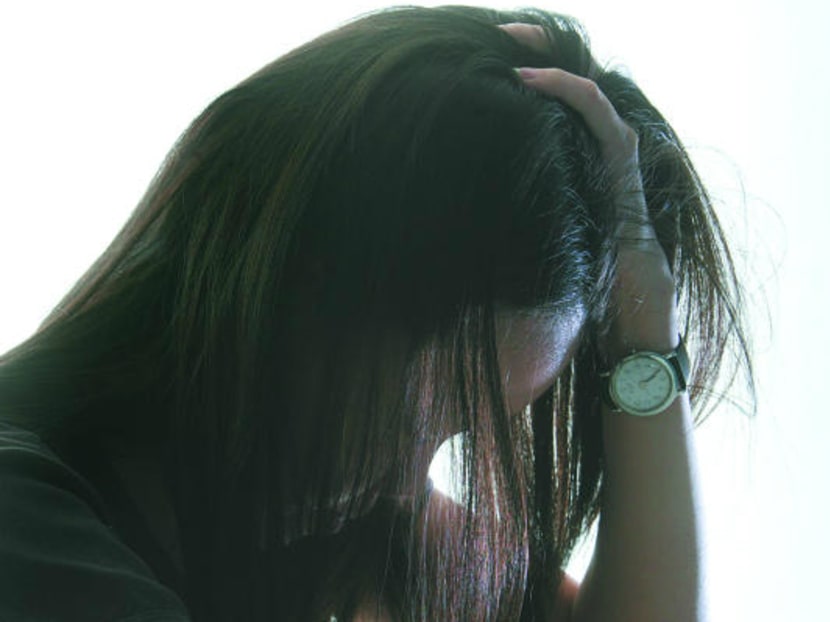Considerable stigma against mental illness: Study
SINGAPORE — An Institute of Mental Health (IMH) study has found a common perception here that those with mental illness can get better if they wanted to and that their condition is a sign of personal weakness.
SINGAPORE — An Institute of Mental Health (IMH) study has found a common perception here that those with mental illness can get better if they wanted to and that their condition is a sign of personal weakness.
Researchers behind the study said this suggests “considerable” stigma towards individuals with mental illness. The stigma could hinder such individuals from seeking treatment out of fear of being associated with a disorder.
The mental health literacy study spanning one year started in March last year and involved about 3,000 adult residents aged between 18 and 65.
It examined how well people could recognise five common mental disorders — alcohol abuse, dementia, Major Depressive Disorder (MDD), Obsessive Compulsive Disorder (OCD) and schizophrenia — and their beliefs towards these conditions.
To measure stigma, researchers used scales to gauge people’s attitudes towards the individual suffering from a mental illness, as well as how willing they are to spend time with such persons.
Almost nine in 10 respondents felt people with mental illness could get better if they wanted to, while half saw it as a sign of personal weakness. Nevertheless, about eight in 10 said they were willing to be friends or spend time with individuals with mental disorders.
Researchers also measured attitudes towards the disorders on three aspects: If people with mental illness were viewed as “weak not sick”, whether they were deemed dangerous or unpredictable, and the extent to which they would distance themselves from sufferers.
In terms of recognising the mental illnesses, researchers found that less than half of the respondents could identify and name a mental disorder based on the descriptions of its symptoms.
The respondents fared better when it came to recognising dementia and alcohol abuse — 66.3 per cent and 57.1 per cent, respectively, got it right. But OCD and schizophrenia were identified by a far lower proportion — 28.7 per cent and 11.5 per cent.
Citing the example of 190 respondents wrongly labelling MDD as psychosocial stress, Adjunct Assistant Professor Mythily Subramaniam, who is deputy director of IMH’s research division and co-investigator of the study, said the perception is that the condition can be fought when, in fact, sufferers need medical treatment.
The later people with mental illnesses start treatment, the longer they take to respond to it, she said.
Those who start treatment later could also develop other conditions such as depression if, for example, their relationships with their family suffer, she added.
Nanyang Technological University Associate Professor Kwok Kian Woon, a sociologist and co-investigator in the study, said: “If people acquire understanding and knowledge and can recognise and name the condition, there is a turning point in how that condition is responded to in terms of help-seeking.”
In terms of intervention, almost nine in 10 respondents felt that seeing a psychiatrist would be the most helpful.
But they indicated that, generally, those with mental illness should turn to their family and friends or general practitioners for help.
Ms Louisa Picco, who is part of the research team and also the manager of IMH’s research division, said this has implications on whether family and friends are adequately literate about mental health to identify a disorder and recommend professional help.
Commenting on the IMH study findings, Dr Adrian Wang, a psychiatrist in private practice at Gleneagles Medical Centre, noted that male patients especially tend to seek treatment late when issues have escalated, because they feel pressure to solve their own problems.
“When people don’t seek help for mental illness ... it affects work productivity, it affects relationships and also people try to self-help or self-heal by drinking more,” he said.
“Many of us don’t realise mental illness can be fatal.”










